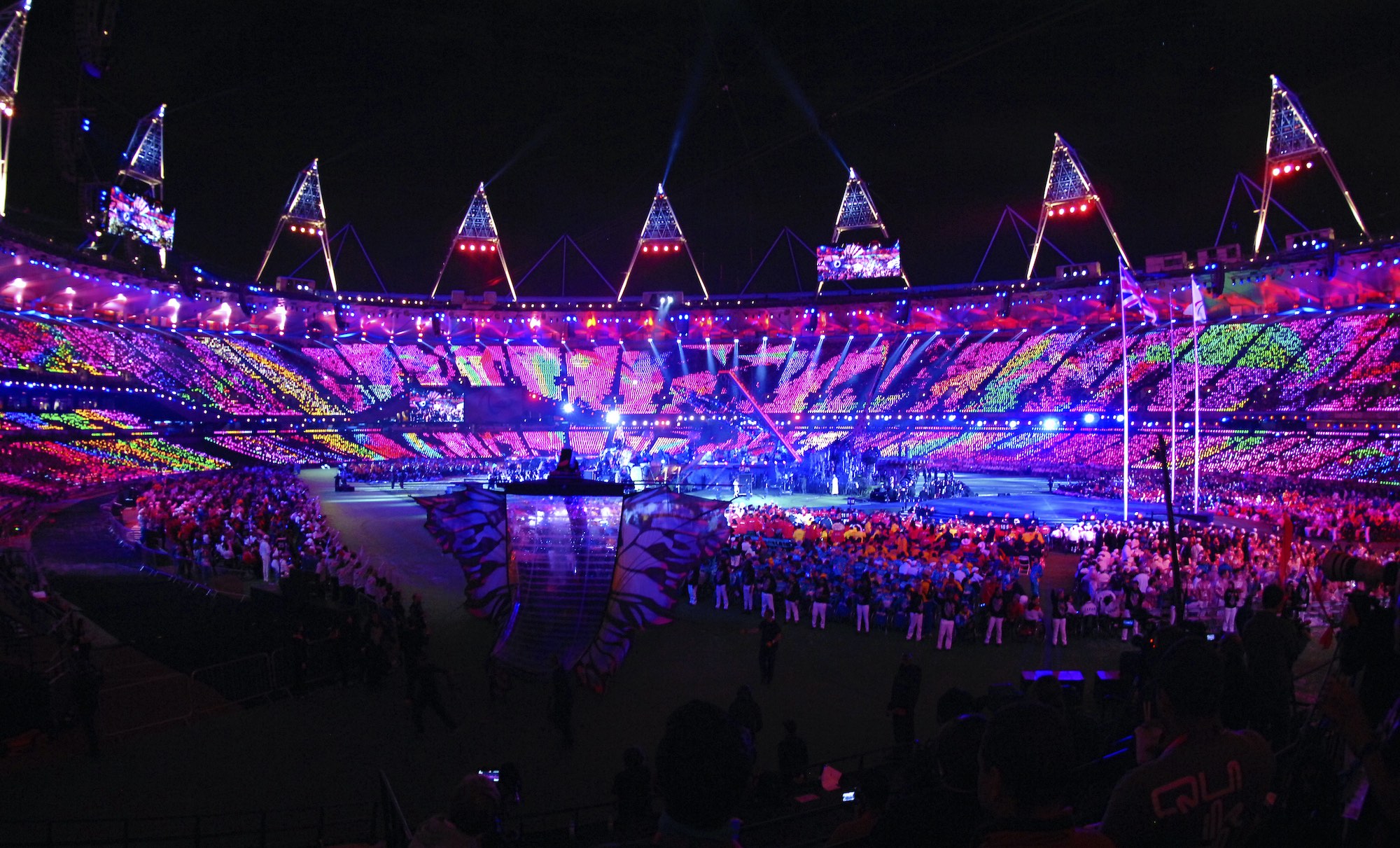Even though modern music festivals in the U.S. have been around since the 1960s, their popularity has skyrocketed over the past decade. 32 million people attend at least one music festival per year. They can be serious profit makers, drawing attention to a cause and new musical acts.
If you’ve been thinking of starting your own music festival, just know that it’s a lot more involved than organizing a smaller-scaled fundraiser or other event. However, with the right amount of planning, multi-tasking, and publicity, it can be done. Here’s how to start a music festival that will draw crowds.
1. Start Planning Way in Advance
It takes time to secure funding and book available talent and equipment for a music festival. You’ll want to begin planning your event as early as possible—at least a year or even two before the anticipated date. It may sound excessive, but giving yourself enough lead time will help you avoid stress later.
With so much work to do leading up to your festival event, you’re going to need volunteers. Try to start recruiting reliable people early in the planning stages who can assist with renting equipment, promoting the event, and to help clean up the debris after the crowds are gone.
2. Define Your Goals For The Festival
Determining what you hope to accomplish from organizing your music festival will help with all other aspects of the planning, not the least of which is promoting your event.
Do you want to organize a music festival to bring attention to new or underrated talent from the local community? Are you hoping to raise money for a nonprofit organization or cause? Will your festival be family-friendly, or do you have a more adult audience in mind?
Of course, there’s nothing wrong with organizing a festival just for fun, but there should be a common theme that will bring like-minded music fans together. Research other music festivals to see how yours fits in.
3. Find a Location
The next step is to secure a location for your music festival. This can be tricky because you’ll need to determine if you’re planning a large-scale event or a more intimate one, and the attendee size you can accommodate.
When choosing a location, consider its accessibility and parking options for attendees. If your music festival will take place outdoors, you should plan to have space set aside for food and merchandise vendors, portable toilets, backstage access, and shaded areas.
You’ll also need permission from the landowner to use the space for the festival.
4. Estimate Your Budget And Secure Funding
Chances are you don’t have enough of your own money to cover all of the costs associated with organizing a music festival. That’s where funding comes in, which can be the toughest part of staging this type of event.
There are a few options for funding a music festival. One is to secure a grant through the city, state, or county where you want to hold the festival. Another is to approach a private venture capitalist. You can also put together a sponsorship package and ask businesses if they’d like to sponsor your festival.
Whatever funding options you pursue, you should prepare what you believe the estimated budget will be for your music event. In addition to convincing financiers that your event should turn a profit, you’ll need it for planning every aspect of the festival.
5. Secure Permits
Along with financing, securing all necessary permits is probably the least fun part of staging a music festival. But it’s important to investigate the local rules and get permission to give your event the go-ahead. At the very least, you’ll need a health permit and noise variance permit to cover you along with a permit from the city if your festival is taking place on public land.
Do you plan on selling alcohol? You’ll need licenses to sell liquor at the venue.
It’s a good idea to look into an insurance policy for your event. Hopefully you won’t need it, but it’ll give you peace of mind in case anything goes wrong.
6. Book Your Acts
You’ll need to get a jump on booking talent as soon as you have permission and a location for your event. Depending on how big their name is, musical acts may be booked for other performances way in advance, especially on weekends and during the summer months.
If you plan on booking a headliner act, you can afford to allocate more of your budget to them while paying less for lesser known performers.
7. Hire an Event Production Company
There’s a lot of logistics involved when planning a music event, so consider hiring a festival production company to help with some of the legwork. They can often assist with booking the acts, renting technical equipment, marketing your event, and other important details. The bigger your festival is, the more likely you’re going to need a helping hand to create a professional marketing video to promote your event.
8. Promote The Event
Of course, no one will attend the music festival if you’re not promoting it. Luckily, social media has made it easier to market your event to a lot of people. But don’t overlook traditional tactics such as placing flyers on public bulletin boards and contacting local papers to write about the upcoming event.
Ask the participating musical acts, vendors, and sponsors to share info about the festival on their social media channels as well.
9. Don’t Forget The Smaller Details
Think about everything you might need if you were attending a music festival yourself, such as food, trash bins to dispose of the waste, and first aid if you get stung by a bee. Make sure you book the proper equipment and hire personnel to take care of all of more minor but no less important details. You may also need to hire security if your event is a sizeable one.
Last but not least, figure out how you want to sell tickets, whether it’s by giving physical ones or emailing them to attendees.
Now You Know How To Start a Music Festival
As you can see, when it comes to knowing how to start a music festival, a lot of work is a given. However, by making a list of everything that needs to be done and getting a jump on planning way in advance, you can pull off a festival that people will want to attend year after year.
Check out our business section for more tips on planning successful events.










